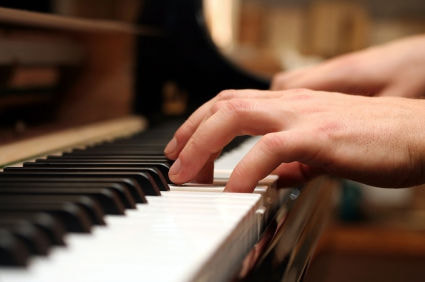|
Kind and Wicked Learning Environments in musical study.
The subject of kind and wicked learning environments is a complex subject. This blog deals with just a small application of the insights of researchers. Namely, the use of feedback to make correct decisions. For deeper details, there are links in the Psychology today blog to the research papers and scholarly books. Definition: In a “kind” learning environment we learn from experience. For example, in sports we get immediate feedback because the distance between cause and effect is immediate. Furthermore, with help from the coaches, teammates, and others we progress through the predictable steps to mastery. Musical proficiency is similar. But, in “wicked” learning environments there is, for many reasons, no predictable path to mastery. This blog will only discuss the “kind” learning environment and the role of feedback. Feedback is crucial to learning a musical instrument. The popular late 20c. axiom, “feedback is the breakfast of champions” incapsulates this idea. Creating feedback loops in your practice is key to progressing with fewer setbacks and false starts. While in lessons the teacher provides immediate feedback, at home we are left to our own devices. Here are a few strategies skilled music students use at home.
The links below go to science. Psychology today has a list of scientific papers and links. If I can help you on your journey, call me. David References: Experience: Kind vs. Wicked | Psychology Today How to give and receive feedback effectively - PMC (nih.gov)
0 Comments
Your comment will be posted after it is approved.
Leave a Reply. |
You've got to learn your instrument. Then, you practice, practice, practice. And then, when you finally get up there on the bandstand, forget all that and just wail. AuthorI'm a professional pianist and music educator in West Toronto Ontario. I'm also a devoted percussionist and drum teacher. Categories
All
|

 RSS Feed
RSS Feed